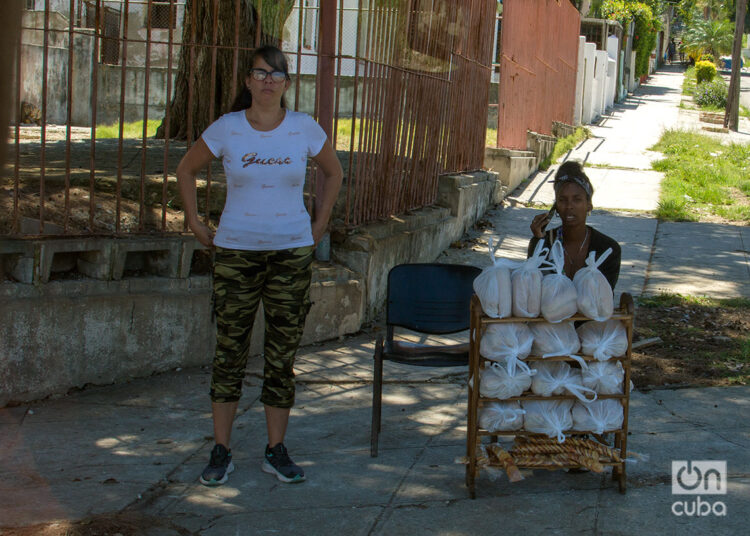The new regulations for the private sector in Cuba, announced last month by the government, came into force this Thursday, 30 days after their publication in the Gaceta Oficial.
The package of measures includes a group of decree laws and resolutions defended by the authorities as an “update” of what has been regulated so far for non-state actors and which, they say, seek to regulate their operation in the current economic scenario.
The regulations, which have generated criticism among many private individuals and economists, largely maintain the regulations already in place and add new provisions. They are aimed at micro, small and medium-sized enterprises (MSMEs), as well as non-agricultural cooperatives and self-employed workers.
Among the regulations, it is worth noting that now municipalities will be the ones to approve applications to create new MSMEs, instead of the Ministry of Economy, as had happened since the legalization of small private enterprises in 2021.
This change, however, will not be officially implemented until March 2025. On the other hand, a national institute will also be created to supervise the private sector.
According to official figures, the total number of non-state enterprises and cooperatives exceeds 11,000 and they employ approximately a quarter of the workforce on the island.
Another point that critics have pointed out is the obligation for partners of private MSMEs to be Cubans with effective residence — that is, who live more than half the year in the country or have proven ties to the island — or foreigners with permanent residence.
Academicians and independent experts have criticized this point, as they consider that it affects enterprises with partners with dual nationality and residence outside the country.
The government, on the other hand, has stressed in recent months the importance of avoiding “distortions” in its economy, mired in a deep crisis, and strengthening accountability in cases of tax evasion.
The new regulations also include an update of the list of activities prohibited for private individuals on the island. These include activities related to mining, communications, the financial sector, health, energy — except for those related to renewable sources —, defense and independent cultural and sports work, among others.
The new regulations were added to last July’s price cap on up to six products sold in the private sector, such as chicken and milk.
The Cuban authorities have assured that they are not carrying out “a crusade” against the private sector, but, at the same time, they have criticized the actions of non-state entities, particularly in aspects such as the prices of their products and tax evasion.
President Miguel Díaz-Canel said at the National Assembly’s closing session last July that “many” of the MSMEs “did not respond to the trust of the State.”
The president criticized private businesses that have not had “the transparency that the population demands” and announced that the government will act against “the lack of control, illegalities, tax evasion, speculation and fraud, wherever they come from.”
EFE/OnCuba










